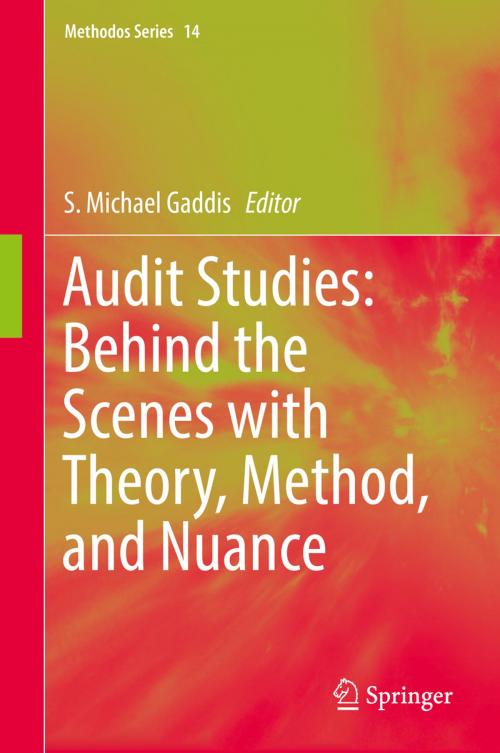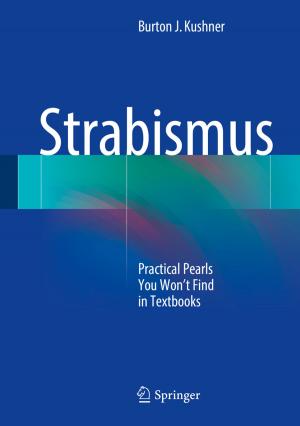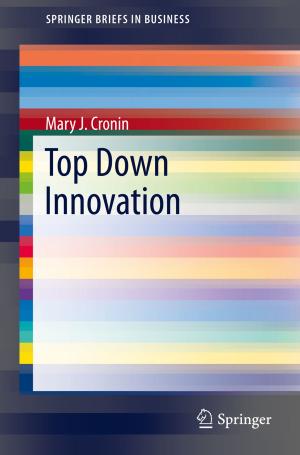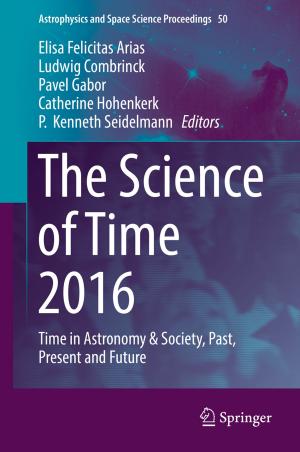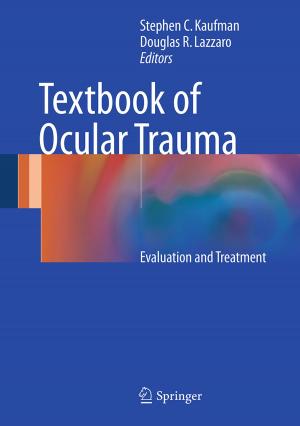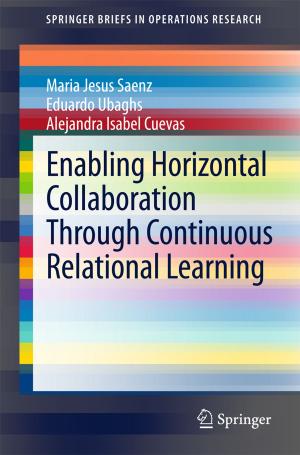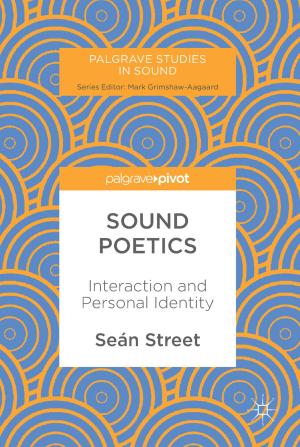Audit Studies: Behind the Scenes with Theory, Method, and Nuance
Nonfiction, Social & Cultural Studies, Social Science, Methodology, Sociology| Author: | ISBN: | 9783319711539 | |
| Publisher: | Springer International Publishing | Publication: | February 20, 2018 |
| Imprint: | Springer | Language: | English |
| Author: | |
| ISBN: | 9783319711539 |
| Publisher: | Springer International Publishing |
| Publication: | February 20, 2018 |
| Imprint: | Springer |
| Language: | English |
This book offers practical instruction on the use of audit studies in the social sciences. It features essays from sociologists, economists, and other experts who have employed this powerful and flexible tool. Readers will learn how to implement an audit study to examine a variety of questions in their own research. The essays first discuss situations where audit studies are the most effective. These tools allow researchers to make strong causal claims and explore questions that are often difficult to answer with observational data. Audit studies also stand as the single best way to conduct research on discrimination. The authors highlight what these studies have uncovered about labor market processes in the past decade. The next section gives some guidance on how to design an audit study. The essays cover the difficult task of getting a study through an institutional review board, the technical setup of matching procedures, and statistical power and analysis techniques.
The last part focuses on more advanced aspects. Coverage includes understanding context, what variables may signal, and the use of technology. The book concludes with a discussion of challenges and limitations with an eye towards the future of audit studies.
“Field experiments studying and testing for housing and labor market discrimination have, rightly, become the dominant mode of discrimination-related research in economics and sociology. This book brings together a number of interesting and useful perspectives on these field experiments. Many different kinds of readers will find it valuable, ranging from those interested in getting an overview of the evidence, to researchers looking for guidance on the nuts and bolts of conducting these complex experiments.”
David Neumark, Chancellor’s Professor of Economics at the University of California – Irvine
“For decades, researchers have used experimental audit studies to uncover discrimination in a variety of markets. Although this approach has become more popular in recent years, few publications provide detailed information on the design and implementation of the method. This volume provides the first deep examination of the audit method, with details on the practical, political, analytical, and theoretical considerations of this research. Social scientists interested in consuming or contributing to this literature will find this volume immensely useful.”
Devah Pager, Professor of Sociology and Public Policy at Harvard University
This book offers practical instruction on the use of audit studies in the social sciences. It features essays from sociologists, economists, and other experts who have employed this powerful and flexible tool. Readers will learn how to implement an audit study to examine a variety of questions in their own research. The essays first discuss situations where audit studies are the most effective. These tools allow researchers to make strong causal claims and explore questions that are often difficult to answer with observational data. Audit studies also stand as the single best way to conduct research on discrimination. The authors highlight what these studies have uncovered about labor market processes in the past decade. The next section gives some guidance on how to design an audit study. The essays cover the difficult task of getting a study through an institutional review board, the technical setup of matching procedures, and statistical power and analysis techniques.
The last part focuses on more advanced aspects. Coverage includes understanding context, what variables may signal, and the use of technology. The book concludes with a discussion of challenges and limitations with an eye towards the future of audit studies.
“Field experiments studying and testing for housing and labor market discrimination have, rightly, become the dominant mode of discrimination-related research in economics and sociology. This book brings together a number of interesting and useful perspectives on these field experiments. Many different kinds of readers will find it valuable, ranging from those interested in getting an overview of the evidence, to researchers looking for guidance on the nuts and bolts of conducting these complex experiments.”
David Neumark, Chancellor’s Professor of Economics at the University of California – Irvine
“For decades, researchers have used experimental audit studies to uncover discrimination in a variety of markets. Although this approach has become more popular in recent years, few publications provide detailed information on the design and implementation of the method. This volume provides the first deep examination of the audit method, with details on the practical, political, analytical, and theoretical considerations of this research. Social scientists interested in consuming or contributing to this literature will find this volume immensely useful.”
Devah Pager, Professor of Sociology and Public Policy at Harvard University
